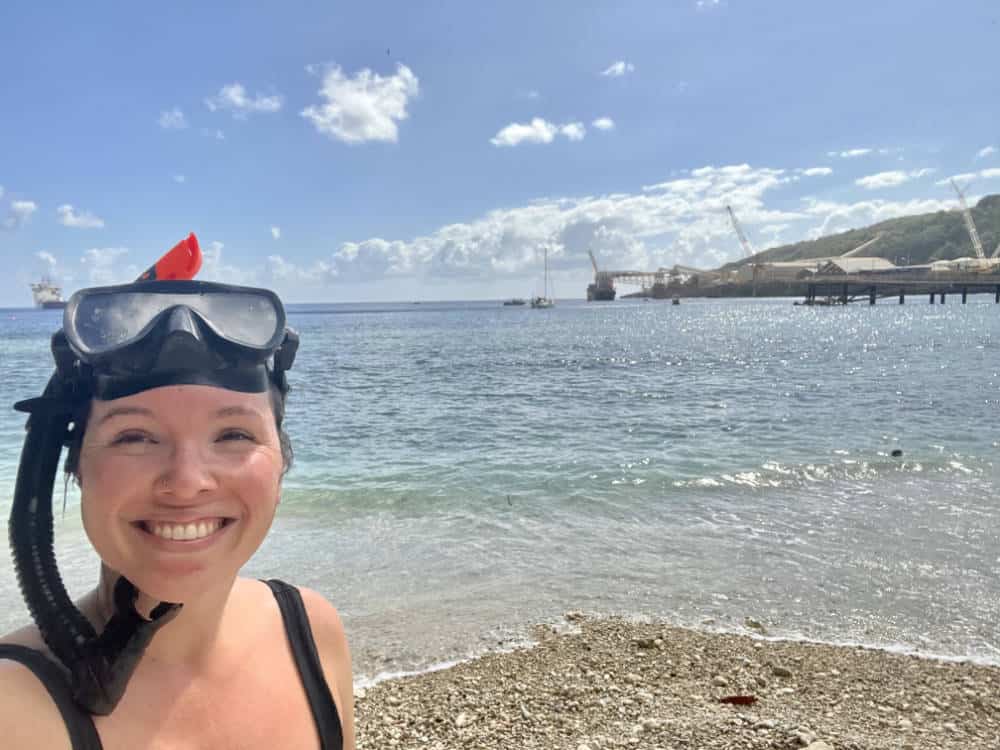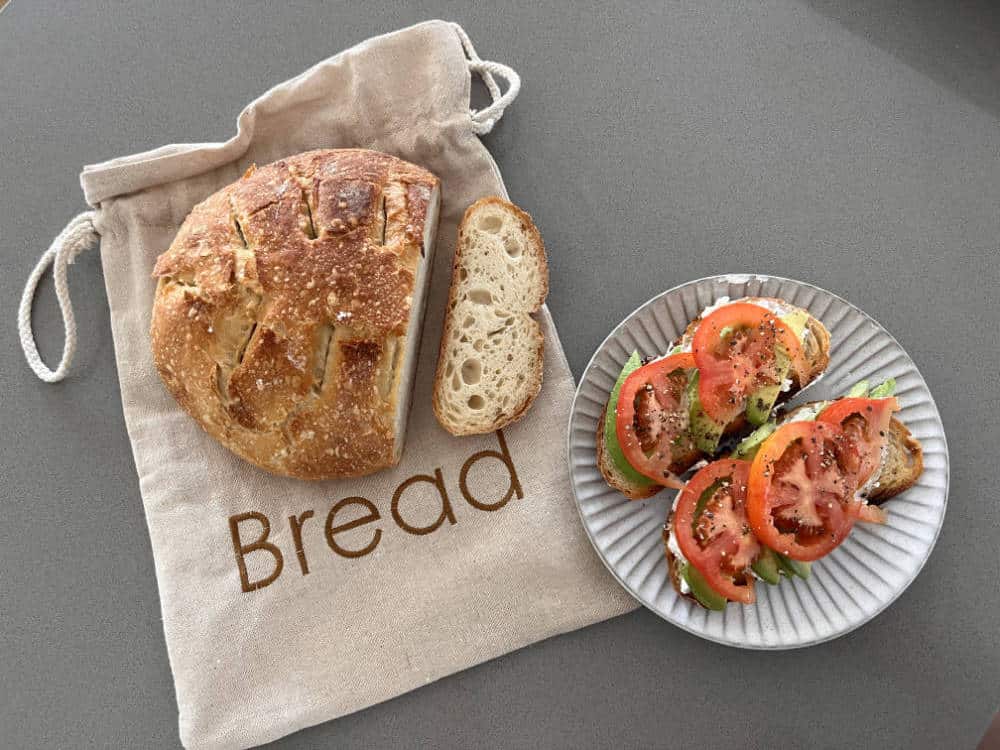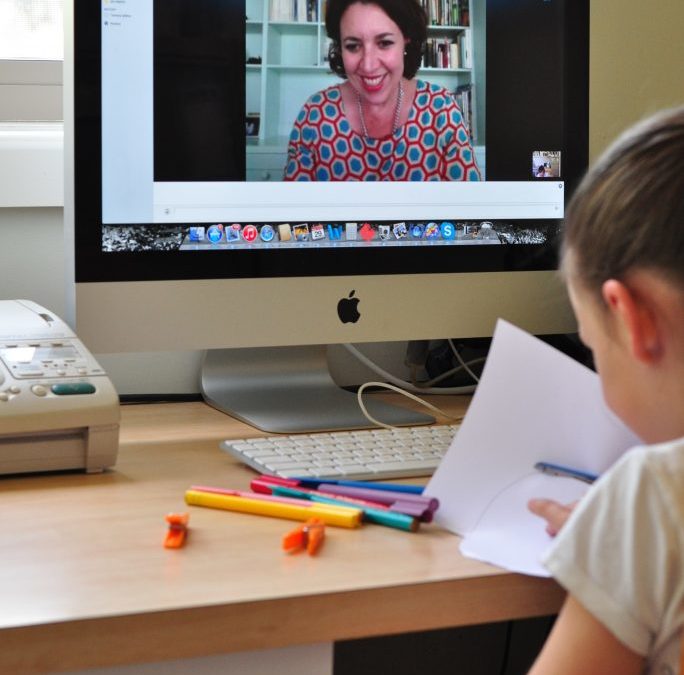Hi, I’m Stephanie, and I’m excited to share with you a glimpse into my typical working day and a behind-the-scenes look at how a dietitian like me operates in online therapy from a remote island off the East Coast of Australia, so let’s dive into a day in the life of a dietitian for Therapy Connect.
Dietetics from an Island Workspace:

My day probably looks a little different from most as I live on an island in the Indian Ocean which means I am three hours behind the East Coast on mainland Australia where Therapy Connect’s head office is.
Before I start my work day, I like to make sure my workspace is set up with good lighting, at least one plant nearby, sea breeze through the window (yes all year round!) and my diffuser bubbling away in the corner!
I sign into my computer and jump online by about 7 am with my coffee in hand! Signing into my computer is my equivalent of driving to work, except it only takes me about two minutes and I am ready to go!
My first port of call is my calendar to see what my day looks like, followed by emails and checking our networking communication channel. Then I am ready to start! Much of my day is client-facing so I’ll jump on Zoom to meet with clients for a video call. An online session with a client is just like a face-to-face session except instead of clients sitting in the waiting room, they are at home or school.
After talking about food and eating all morning, I am most excited about lunch and the idea of not just having to settle for ‘what I bought to work today’. I enjoy making lunch with homemade sourdough or enjoying a pre-prepared lunch if it’s a quick one.
The beauty of my flexible working hours means that I get to see clients later in the day when it suits them better and it still be normal working hours for me. My day is usually wrapped up by around 4 pm, leaving enough time for an afternoon snorkel.

Online Therapy – The Challenges and Opportunities:
Much of the work that we would do in a face-to-face environment as dietitians can be done in an online setting. It can be even more helpful when people have direct access to our client’s fridge, or pantry or see their plate size on a video call, during a nutrition assessment.
We have the same level of engagement with GP’s and referrers to ensure continuity of care for our clients, providing updates from a nutrition perspective or advocating for a particular follow-up.
One challenge I find with online therapy can be relying on family members or my client’s circle of care to share details with me that I may be able to obtain myself in a face-to-face session such as blood test results and anthropometric measures (such as weight, height, mid-upper arm circumference).
To get around this challenge, I upskill families about how we use these measures and why they are important. It has also allowed me to develop my communication skills to be able to articulate how to obtain these measures adequately.

Adapting Dietary Advice for Remote Clients:
I’ve lived in remote areas of Australia most of my life and this experience has made me passionate about food security. Food security may be related to financial status, or access, availability, health literacy…the list goes on.
I recognise that every client I work with is an individual, with unique needs and I am all about meeting clients where they are. Sometimes I may have my “dietitian goggles” on and an idea of where I’d like to get with a client and then I remind myself that we need to work with where the person on the other side of the screen is. That’s what person-centred therapy is all about.
In sessions, we spend time exploring the client’s life and story, how they got to where they are now, and how nutrition fits into their daily life. I want to gain an understanding of what is important to my clients. I want to know if nutrition is important to them, and what the barriers and motivators are for them. I also like to consider someone’s family structure, support networks and the capacity of these supports.
When it comes to nutrition education, it’s not a one-size-fits-all approach that I take. Dietetics often uses a ‘meal plan’ approach with clients but we are moving away from this. At Therapy Connect, our approach is to build knowledge, skills and confidence with our clients so that they can enjoy more independence.
Key outcomes we aim to deliver for clients or their families is to have an understanding of nutrition and the amazing role that food can play in health, disease prevention, immunity and mental wellbeing, just to name a few.
So for me, it’s really about understanding how nutrition education is best going to be received. Some clients like to write everything down and others need me to follow up with clear communication in writing or I create a visual resource to accompany the recommendations. Some clients require accountability so it’s working with them to make sure I support them in the best way I can.
Need support from a dietitian or want to find out more? Get started with Therapy Connect today.



